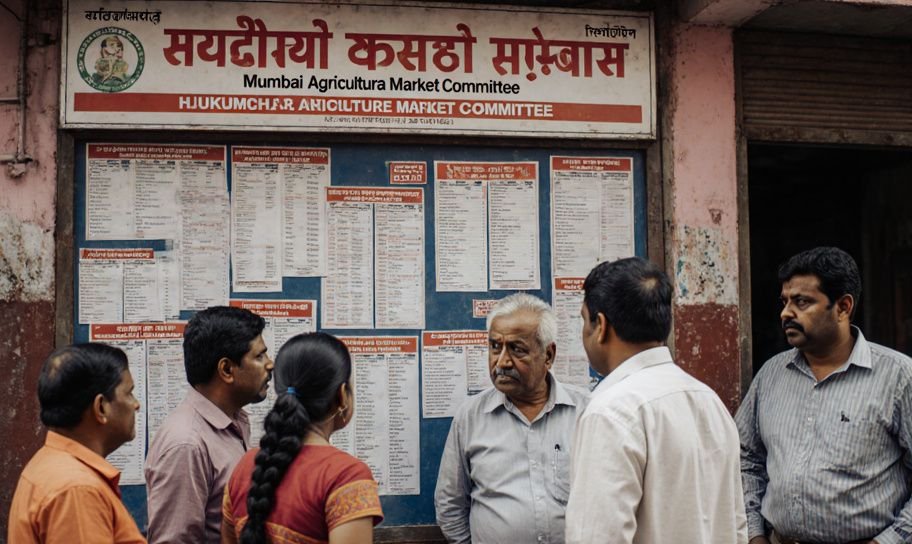
In a surprising turn of events, the Bombay High Court ruled in favor of the petitioners, Hukumchand Govindrao Aamdare and others, against the State of Maharashtra. The case was about choosing a temporary leader for the Mumbai Agricultural Produce Market Committee (APMC) because elections were not held on time.
Hukumchand Aamdare and his fellow petitioners were upset because the authorities didn't extend the term of the APMC's Managing Director, even though they had requested it on August 7, 2025. They argued that the authorities ignored their efforts to prepare for elections, like making a list of voters and depositing funds.
"The State of Maharashtra has not held elections and has simply sat over the application," the petitioners claimed.
The State, represented by Mr. Samant, argued that choosing a temporary leader was within their rights under Section 15A of the APMC Act. They insisted it was necessary since the committee's term ended on August 31, 2025.
The court, led by Justices Sandesh D. Patil and Revati Mohite Dere, found that Hukumchand Aamdare and his fellow petitioners had taken all the necessary steps for elections. The court noted that the authorities ignored the petitioners' proposal and quickly appointed Mr. Vikas Rasal as the temporary leader.
"This is a very disturbing feature of the case," the court observed, criticizing the quick appointment.
The petitioners referred to past decisions like Babasaheb Apparao Akat's case, where similar actions of appointing temporary leaders were overturned. The court found these cases relevant, emphasizing that the authorities should have considered extending the committee's term or appointing the existing members as temporary leaders.
The court ruled in favor of Hukumchand Aamdare and his fellow petitioners, ordering the authorities to conduct elections and hand over control back to the elected body. Mr. Vikas Rasal was instructed to step down immediately.
"The action on the part of the State of Maharashtra is not only illegal but also dishonest," concluded the court.
After the judgment, the State requested a delay on the order, which the court promptly rejected.
The court's decision requires the authorities to hold elections and return control to the elected members, emphasizing the importance of following rules and fairness in decision-making.